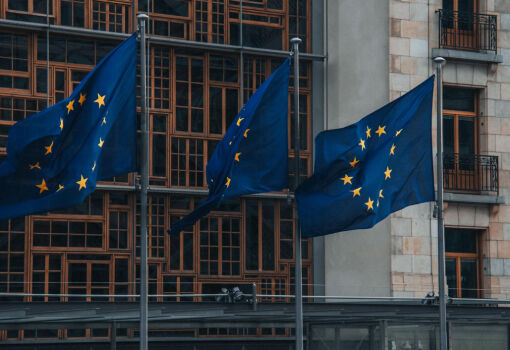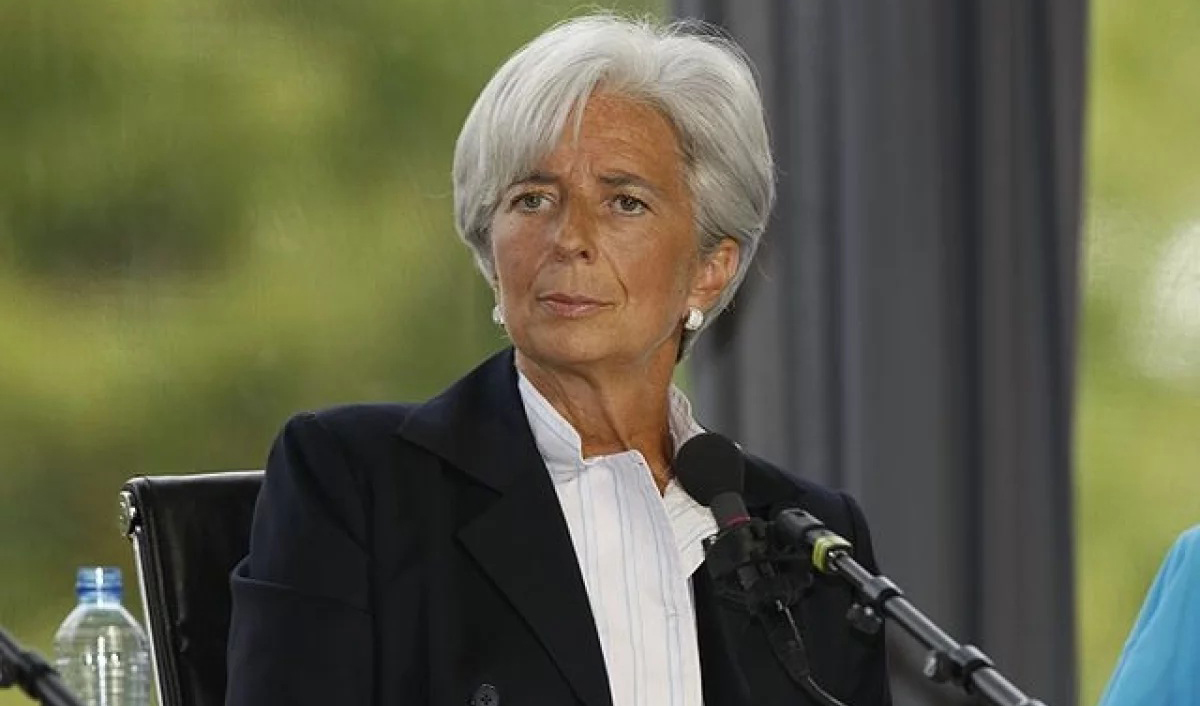
Finland’s experience in regulating, supervising and licensing cryptoasset service providers (CASPs) will be an example to follow. A Moldovan delegation comprising representatives of the NBM, NCFM, MoI and a number of other bodies, including the Intelligence and Security Service, participated in an experience-sharing workshop organized under the auspices of the OSCE.
The event took place on October 30-31 in Helsinki, where the Finnish financial supervisory authorities shared their experience in lawmaking, existing mechanisms of regulation and supervision of the cryptocurrency market according to the single European regulation.
Moldova has not yet implemented the EU Regulation (MiCA). Currently, the country still lacks a legal framework for the regulation of cryptoassets. But work on its creation is underway. The National Bank of Moldova has already started to establish a regulatory framework, after which the cryptoasset market will be officially recognized.
The regulation establishes rules for issuers and service providers related to crypto-assets. It aims to protect investors, ensure financial stability, prevent market abuse and stimulate innovation in the crypto sector.
MiCA came into force in June 2023 and its provisions are being phased in, with different timelines for stablecoins and cryptoasset service providers (from the end of 2024). The regulatory technology establishes requirements for issuers of asset-backed tokens (ARTs) and electronic money tokens (EMTs), as well as custodial services.
The unified legal framework introduces transparency and disclosure requirements for the issuance and trading of cryptoassets, as well as rules for customer protection, and strengthens anti-money laundering and anti-terrorist financing rules in the crypto sector.
The supervisory process also includes authorization of cryptoasset service providers (e.g., exchanges, wallets) based on a single “European passport” for crypto-businesses, which makes it easier for companies to operate in different EU countries.













